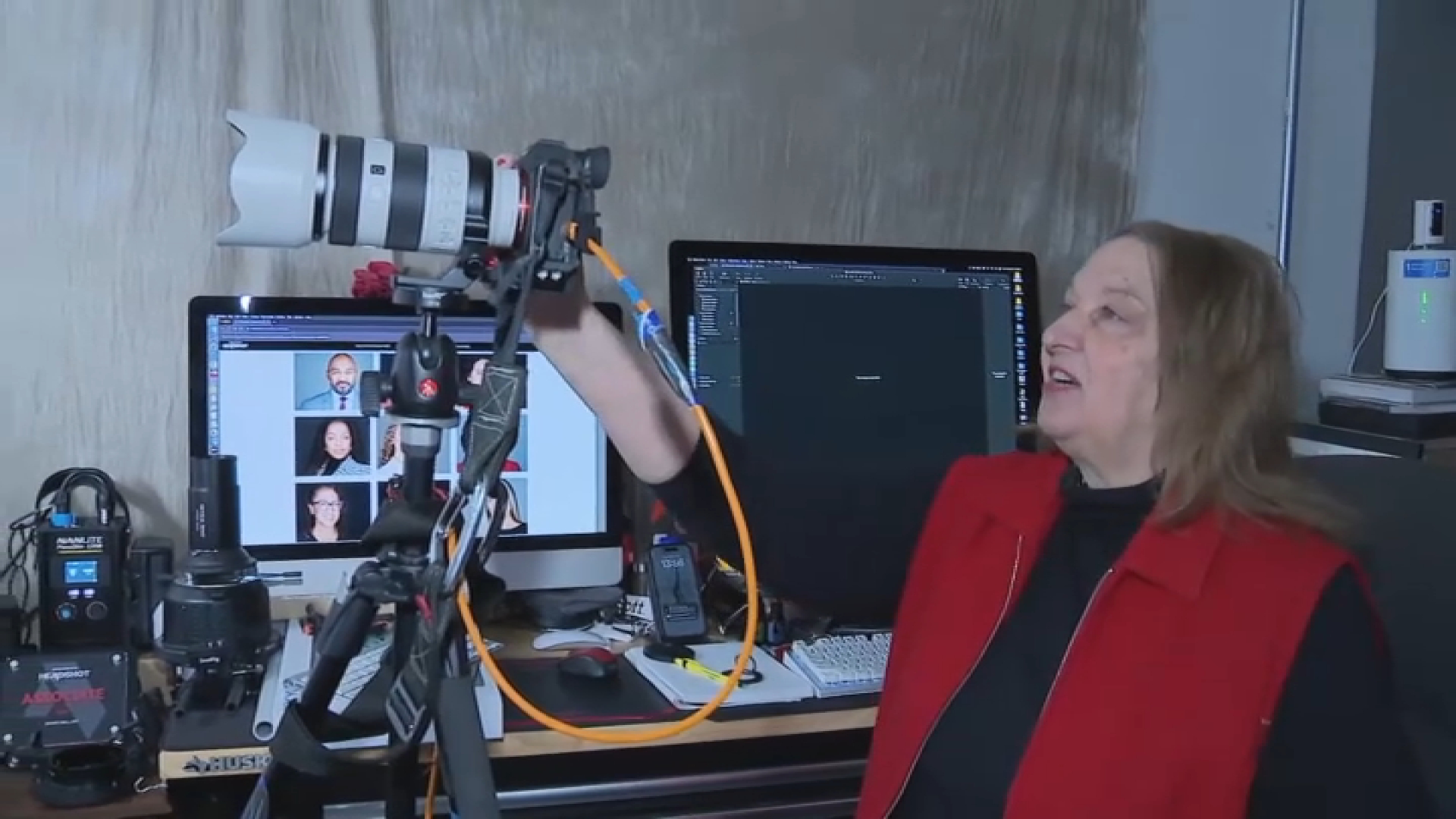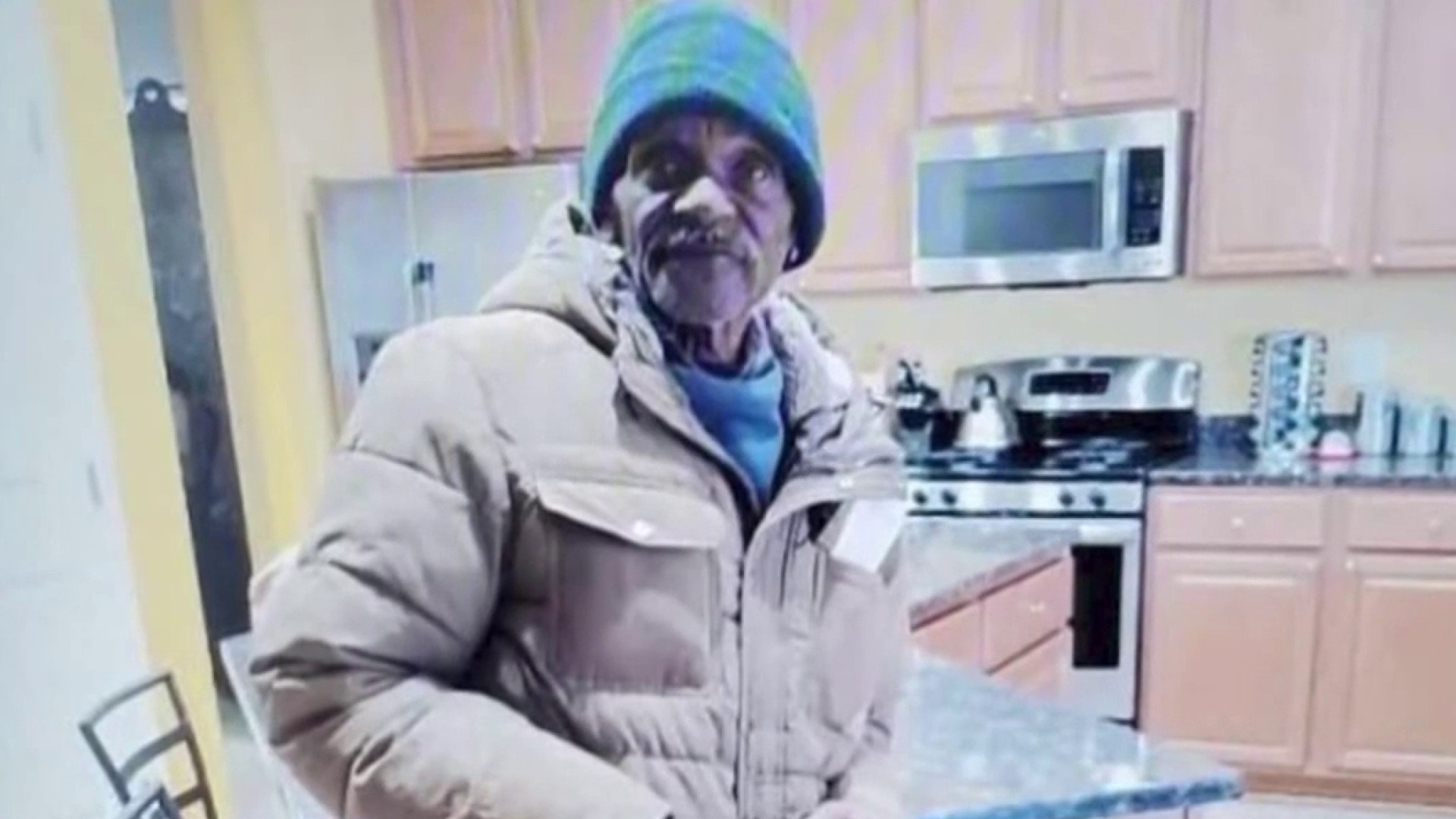Five Metro stations in D.C. top WMATA’s list of the most dangerous stations with snatch-and-grab robberies making up the majority of those crimes.
Five Metro stations in D.C. top WMATA's list of the most dangerous Metro stations, according to a quarterly security report.
Between January and August 2013, 44 incidents were reported at the Brookland station on the Red Line, making it Metro's most dangerous station.
Rounding out the list were:
- Deanwood (Orange Line) with 41 incidents
- Minnesota Avenue (Orange Line ) with 40 incidents
- Gallery Place (Red/Yellow/Green Line) with 35 incidents
- Rhode Island Avenue (Red Line) with 34 incidents
- L’Enfant Plaza (Yellow/Green Line) with 33 incidents
- Capitol Heights (Blue Line) with 33 incidents
- Benning Road (Blue Line) with 30 incidents
- West Hyattsville (Green Line) with 28 incidents
- Vienna (Orange Line) with 28 incidents
"I usually come to Brookland instead of Rhode Island because I feel safer. How ironic is that, that it's number one?" said one commuter.
Crime on the Metro system is also a relfection of crime that happens in the neighborhoods surrounding the Metro stations, metro spokesman Dan Stoessel pointed out. Still, the data is important to Metro, which uses it regularly to help deploy Metro Transit police to where they are most needed.
WMATA will discuss the security data at a board meeting this week.
Electronics remain a popular target for crooks. Nearly 60 percent of all robberies within the system involve taking cell phones or bicycles. In the first eight months of the year, there have been 450 snatch-and-grab thefts, up 37 percent from 2012.
Local
Washington, D.C., Maryland and Virginia local news, events and information
"I avoid West Hyattsville because of the bike theft problem there," metro rider Curtis Brooks said. "My roommate just had his brand new bicycle stolen."
Metro says snatching crimes are prevalent nationwide, because they're easy to commit and the payoff is "lucrative."
The crimes documented in the report are categorized as larceny/theft, auto theft/attempt, burglary, arson, robbery and aggravated assault. There were no rapes or homicides reported during the eight-month span.
But the transit agency points out that riders are less likely to be the victim of a crime while on Metro than outside the system.
During the month of October, Metro plans to continue its outreach efforts to help prevent crime, including the distribution of crime prevention literature and a bike lock exchange and registration event.



